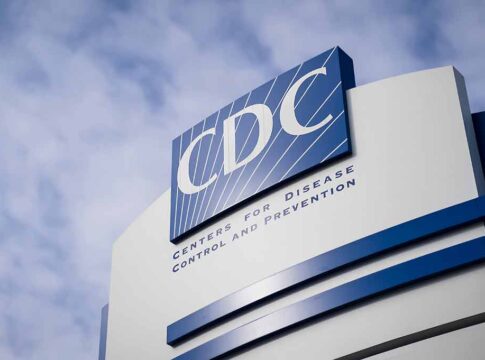Texas is facing a severe measles outbreak that has now reached 561 confirmed cases across 23 counties, with Gaines County being the epicenter. The alarming situation has prompted federal intervention, with the Centers for Disease Control and Prevention (CDC) deploying personnel to help manage the crisis. What impact might this outbreak have on vaccination policies and public health messaging?
Outbreak Reaches Alarming Proportions
The measles outbreak in Texas has reached crisis levels with 561 confirmed cases spread across 23 counties since late January. Gaines County has become the epicenter of the outbreak, accounting for nearly 65% of the state’s total cases, with numbers increasing from 355 to 364.
Two unvaccinated school-aged children with no underlying health conditions have died as a result of the outbreak. An additional 58 patients have required hospitalization, highlighting the serious nature of the disease that many Americans had considered a threat of the past.
A West Texas clinic opened to combat the worst measles outbreak the U.S. has faced in 30 years. According to the CDC, on April 14 the U.S. surpassed 700 confirmed measles cases in 2025. https://t.co/A04QcTE9dQ pic.twitter.com/aSv1xlZPTr
— USA TODAY (@USATODAY) April 16, 2025
Federal Response and Vaccination Status
The U.S. government is responding to the crisis by sending seven additional personnel to Texas, adding to the 15 CDC staff already deployed to assist with outbreak management. A second CDC team is also planned as health officials scramble to contain the highly contagious disease.
Dr. David Sugerman of the CDC expressed concern about resource limitations, stating, “We are scraping to find the resources and personnel needed to provide support to Texas and other jurisdictions.” Response efforts are being hampered by the cancellation of federal grants to states, creating challenges for multi-agency collaboration during this public health emergency.
Secretary Kennedy’s directive is for CDC to lead the nation in health readiness and response. His visit to Texas Sunday, to support the state’s efforts to control the measles outbreak, resulted in discussions with Texas state health officials to deploy another CDC response team… https://t.co/WPh86kcnYg
— CDC (@CDCgov) April 7, 2025
Long-term Implications and Vaccination Importance
The outbreak has primarily affected unvaccinated individuals, with only 4% of confirmed cases currently estimated to be “actively infectious.” Of the 561 cases, 550 involve people who are either not vaccinated or have unknown vaccination status, while just seven cases have been reported in fully vaccinated individuals and four in those with only one vaccine dose.
Children under 18 represent the largest affected group, with 381 cases, raising serious concerns about community protection. If the outbreak continues past January 20, 2026, the United States risks losing its measles elimination status, which was achieved in 2000 when the disease was declared eliminated from the country.
The Texas Department of State Health Services warns, “Due to the highly contagious nature of this disease, additional cases are likely to occur in the outbreak area and the surrounding communities.” The CDC recommends two doses of the MMR vaccine, with the first dose at 12-15 months and the second at 4-6 years old, providing 97% effectiveness against the disease.

